Major story spoilers ahead for Batman: Arkham Shadow .
Batman’s Arkhamverse is littered with boss fights against the Dark Knight’s seminal villains. Batman: Arkham Asylum’s mutated Titan henchmen and Bane himself would provide a framework for every other brute enemy in the franchise to follow; Batman: Arkham City’s Mr. Freeze would incorporate all of the dynamic and cerebral attacks players have at their disposal; Batman: Arkham Origins would double down on City’s epic Ra’s al Ghul encounter for a cinematic parry skill check against Deathstroke; and Batman: Arkham Knight would finally let players put hands on Riddler after clocking 243 riddles in Pinkney Orphanage.
Batman: Arkham Shadow is a much more linear and tight experience than what the Arkham games immediately evolved into after Asylum, but that works tremendously in its favor as Shadow takes a slower and more emotional approach to Arkhamverse storytelling. Batman: Arkham Shadow features three boss fights—two of which employ new gadgets players obtain beforehand and the other only allows players to rely on their fists—and, unlike every other entry in the series, does not end on a boss fight. Instead, what Shadow achieves is the nuanced culmination of the story it tells.
Batman: Arkham Shadow Lacks a Main Antagonist in a Traditional Sense
If District Attorney Harvey Dent/the Rat King/Two-Face was any lesser of a character, perhaps it might’ve been easy to presume how a boss fight against the character could’ve turned out. Of course, Two-Face later on in the Arkhamverse has no problem letting a coin decide the fates of others and toting dual pistols, with Batman also having no qualms about subduing him violently.
However, Batman: Arkham Shadow chronicles a much more enlightening and tragic depiction of Harvey, revealing that he and Bruce Wayne grew up together and became family for one another. So while Shadow nearly did have a boss fight for Harvey, as Camouflaj’s Ryan Payton told Game Rant in an interview, the idea was never as black and white as boss fights players have experienced in the franchise: “We did have talks and prototypes and playables of various iterations on what would maybe be thought of as a Harvey Dent boss fight. None of them were the traditional ‘Batman beating up Harvey Dent’—his foster brother, somebody he cares for and loves.” Payton continued,
We ended up obviously not shipping with a Harvey Dent boss fight at the end of the game for two reasons: one was actually from a scope perspective—we really just put in as much as we could with the amount of time and resources we had for this project; and two, because when you zoom out on the story and see where Batman is as a character at the beginning of Batman: Arkham Shadow and you see where he’s ending, I’m actually really proud of the fact that players confront the big bad guy at the end and Batman doesn’t throw a punch.”
Batman: Arkham Shadow’s Ending is in Service of Bruce Wayne’s Character Development
It’s arguably the lack of a boss fight that gives Batman: Arkham Shadow’s ending emotional resonance, and seeing Harvey grappling with his alarming prognosis as Two-Face is born hits harder than any punch Batman could’ve thrown at him. Rather, for Bruce Wayne to not embrace Harvey, much less Joe Chill, with rage or vengeance is a high point for the protagonist and demonstrates how much he has learned throughout the course of the game. As Payton states,
“He shows sympathy, and I think he shows that he’s willing to understand somebody that he might not agree with or who he’s very angry with.
That doesn’t just apply to Harvey Dent, it also applies to the man who killed his parents, Joe Chill, standing right in front of him, and I thought that was really important the way that we communicated that, so that took precedence over having some sort of traditional, end-of-video-game boss fight to me.”
Source link
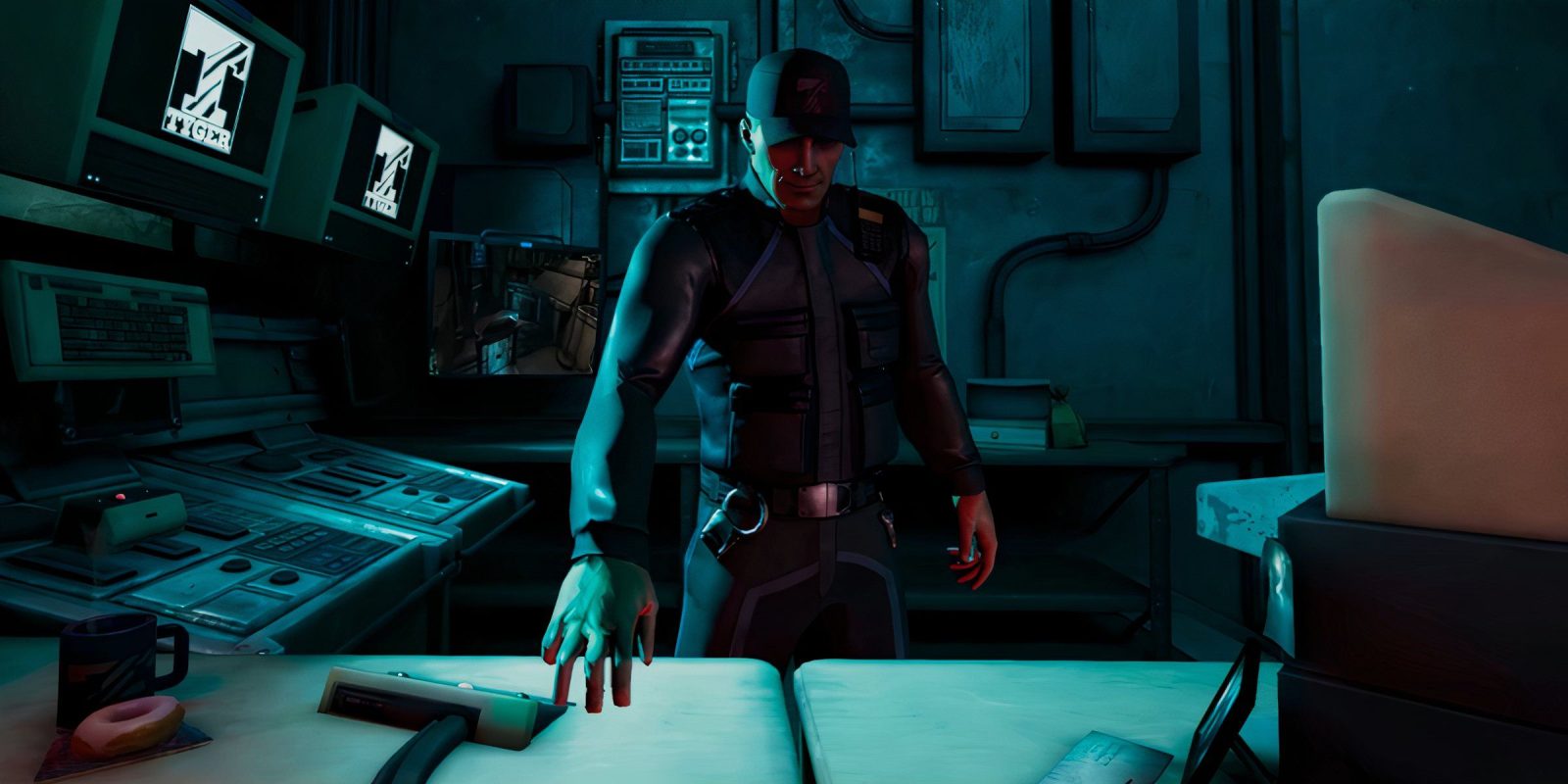
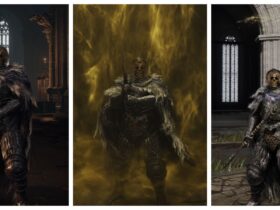
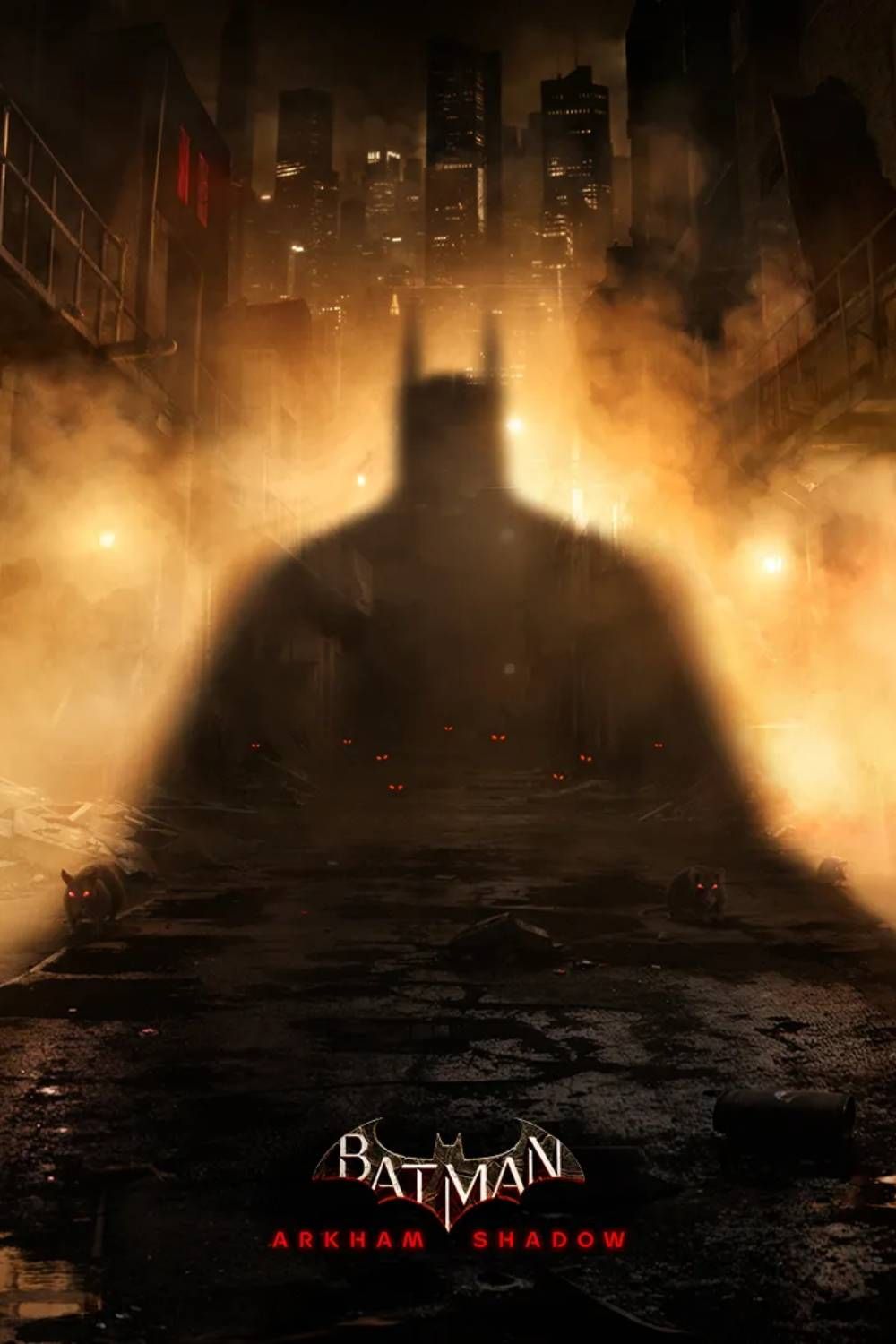


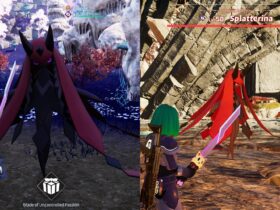


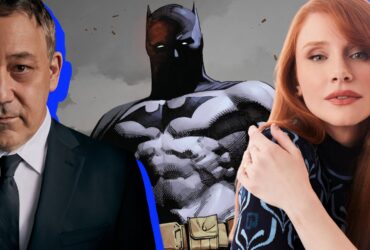

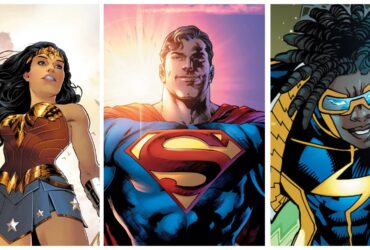
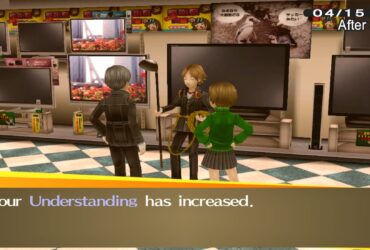
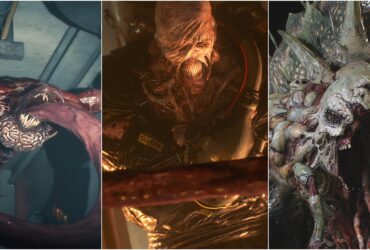
Leave a Reply